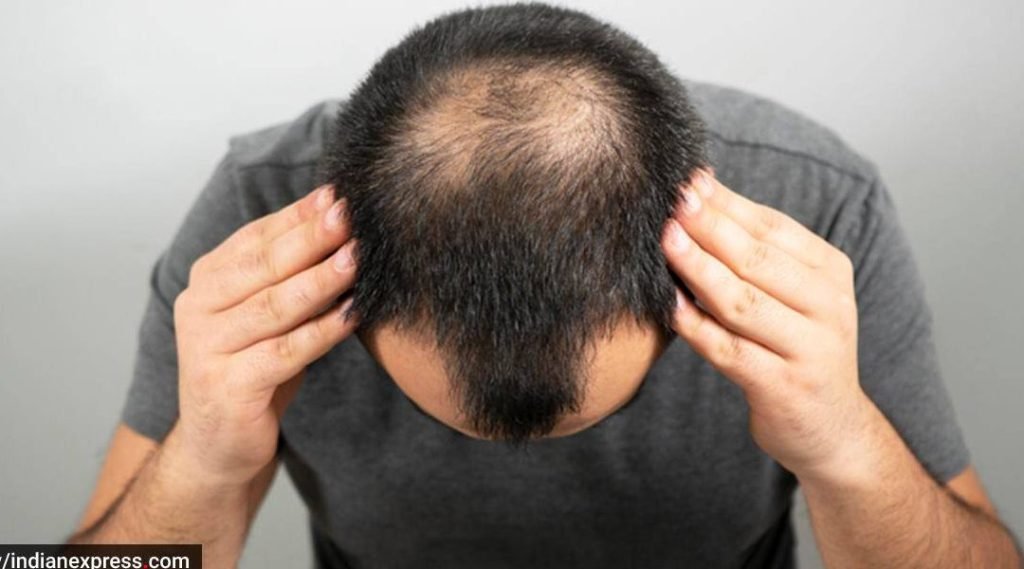
Hair transplant surgery is a highly effective surgical procedure for treating hair loss. It involves the removal of healthy hair follicles from the back or sides of the scalp and transplanting them to the thinning or balding areas of the scalp. The transplanted hair follicles are permanent, so they will continue to grow and produce new hair even after the surgery is over. However, in order to ensure the best possible results, it is important to take proper care of your scalp and hair after the surgery.
The first step to maintaining the results of a hair transplant is to take special care of the scalp in the weeks after the procedure. The scalp should be kept clean and free of any irritation, such as dandruff or dryness. It is important to avoid scratching or rubbing the scalp, as this can cause additional irritation and infection. Additionally, it is important to avoid direct sunlight and excessive heat, as this can damage the newly transplanted hair follicles.
After the initial healing period, it is important to keep the scalp clean and healthy to ensure the best possible results. This includes daily shampooing and conditioning treatments, as well as regular trimming and styling of the hair. It is also important to avoid using harsh chemicals or hair styling products that could damage the follicles. Additionally, it is important to avoid using tight hairstyles, such as ponytails or braids, as these can cause tension and damage to the scalp and hair follicles.
In some cases, medications may be prescribed by a doctor to help maintain the results of a hair transplant. These may include minoxidil, which helps to stimulate the growth of new hair, or finasteride, which helps to slow down hair loss. Additionally, a doctor may recommend surgical options, such as scalp reduction or scalp flaps, to help improve the overall appearance of the hair.
Finally, it is important to follow up with a doctor regularly after the procedure. This will help to ensure that the hair follicles are continuing to grow and produce new hair, and that any potential complications are addressed quickly. Additionally, it is important to discuss any changes in lifestyle, such as stress levels, diet, or exercise, that could affect the results of the hair transplant surgery.
Overall, hair transplant surgery is a highly effective way to treat hair loss and to regain hair on the scalp. However, in order to ensure the best possible results, it is important to take proper care of the scalp and hair after the procedure. This includes daily shampooing and conditioning treatments, avoiding harsh chemicals and tight hairstyles, and following up with a doctor regularly. By taking these steps, hair transplant patients can enjoy long-term results and a full head of hair.